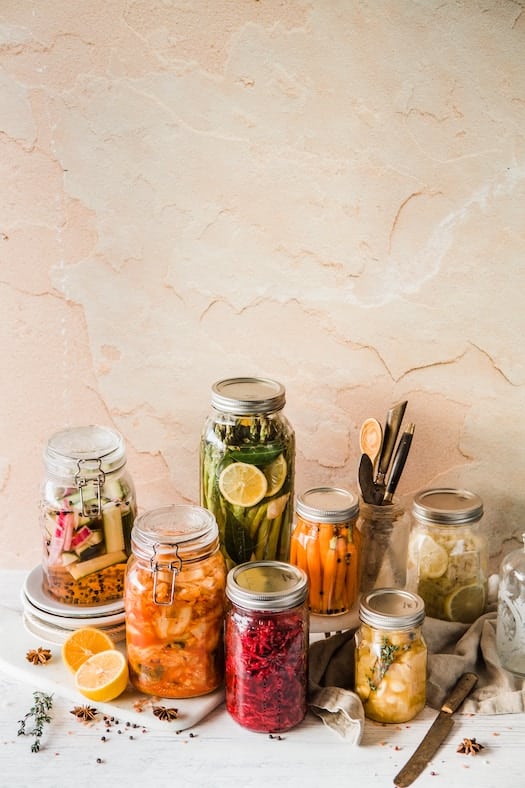Nutrition
Postbiotics: your gut health’s new best friends

Photography, Jason Yoder, Unsplash.com
Nutrition
Postbiotics: your gut health’s new best friends
Meet postbiotics, the healthy compounds that will improve your intestinal flora.
In previous years, prebiotics and probiotics have gained a lot of traction within the health community, as they have been shown to dramatically improve one’s intestinal flora and gut health. However, recent studies have identified another group of beneficial compounds: postbiotics.
In order to understand their benefits and how they differ from the other two compounds, it’s important to break down what exactly each one of them is.
Probiotics
Probiotics are the healthy bacteria that lives inside your gut and supports your health by converting the fibre you consume into beneficial compounds.
Prebiotics
Prebiotics act as food (mainly high-fibre) for the human microflora as they feed the good bacteria in your gut.
Postbiotics
Postbiotics are the bioactive compounds produced by the healthy bacteria (probiotics) when they consume prebiotics (fibre).
What exactly are postbiotics?
As mentioned above, postbiotics are bioactive compounds that are produced when the healthy bacteria in your gut feeds on prebiotic food in your colon and although they are technically considered to be waste from probiotic bacteria, they are actually linked to many health benefits.
There are several types of postbiotics, according to Healthline:
- short-chain fatty acids
- lipopolysaccharides
- exopolysaccharides
- enzymes
- cell wall fragments
- bacterial lysates (a mixture made from bacterial components)
- cell-free supernatants (a mixture of compounds produced by bacteria and yeast)
- other metabolites such as vitamins and amino acids
Why are postbiotics good?
Research is still relatively new, but already postbiotics have been related to many health benefits, for instance:
- Boosting your immune system;
- Improving your digestive system;
- Preventing and treating diarrhea.
Furthermore, some other benefits include helping with weight management, allergy symptoms, lowering the risk of heart disease, although these still need more research to be confirmed by the scientific community.
How do I get more postbiotics?

Photography, Brooke Lark, Unsplash.com
Because postbiotics are still relatively new in health research, they aren’t as widely available in stores as probiotics and prebiotics.
However, since postbiotics are a product of the fermentation of healthy bacteria in your gut, you can increase their production by adding foods that are high in probiotics and prebiotics into your diet, such as fermented foods and foods that are rich in fiber.
As always, make sure you talk to a health professional before making any significant adjustment to your health routine or diet.














Comments